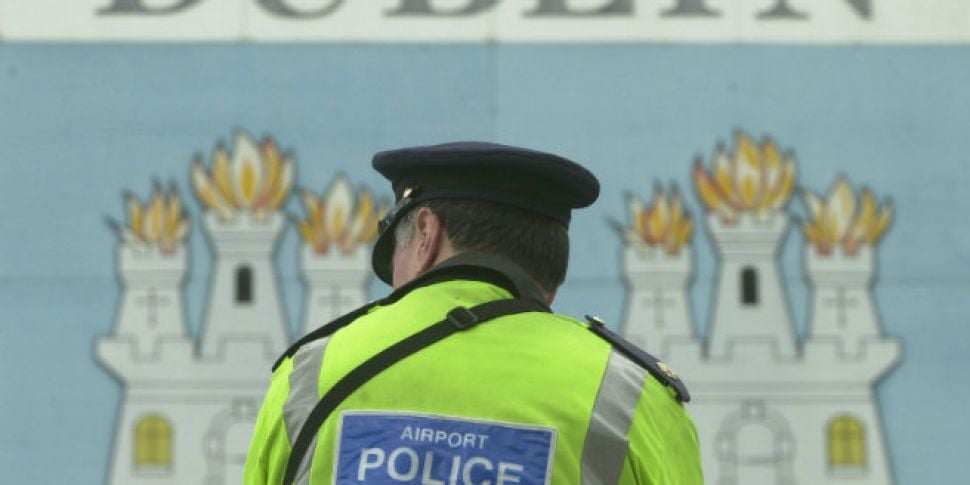Dublin Airport uses a queue monitoring system which records the metadata of internet enabled devices to track how long it takes passenger to pass through security .
Through "Mobile Location Analytics" it tries to make sure that passing security takes no longer than 30 minutes - but privacy activists have raised concerns over how this data is being tracked and stored.
If you walk through with a smartphone, laptop, tablet, smartwatch, or any other WIFI or Bluetooth device your WIFI or Bluetooth media access control (MAC) address is recorded.
This is a number which is unique to that device - and you do not have to consent to sharing this information, or to log on to the airport's WIFI for this data to be recorded and stored.
The DAA says that "this is an anonymised service, with the MAC address being used only to identify a device for the purposes of checking queue times and dwell times. No personal information in relation to the identity of the device’s owner or operator is either sought or recorded."
It adds that it has been approved by the Data Protection Commissioner.
But those who are critical of this practise note that the DAA's stance displays a narrow definition of what constitutes "personal data."
Part of the cache of documents released by NSA whistleblower Edward Snowden revealed that MAC addresses gathered in airports have been targeted by national security agencies as part of digital surveillance exercises.
A post of on Medium.com by Rory Byrne, who co-founded the app Security First, covers the Irish airport's tracking of data: "the response from Dublin Airport suggests they don’t really understand the wide nature of 'personal data' in a digital age. They say that are not collecting 'personal data', however the tracking of a unique WIFI or Bluetooth MAC address is de facto a piece of extremely personal data".
The DAA says this data is "only accessed to measure and check queue/dwell times at the airport, and the only parties who have access to the data are DAA and the company which operates the system".
As part of its measures to improve personal security, Apple recently released an iOS 8 update which changes devices' MAC addresses to stop permanent ID numbers being logged by systems like this.
Dublin Airport is currently in the process of upgrading its system "with an extra security feature so that each MAC address will be automatically encrypted with a new one way hash code that won’t be able to be linked back to the original MAC address".
Speaking to Newstalk.com Rory Byrne argued that the airport should not record this data without notifying passengers:
"I think the fundamental issue is one of consent. Dublin Airport have been tracking individual MAC addresses since 2012 and there doesn't appear to be anywhere in the airport where they warn passengers that this is this occurring.
"If they have to signpost CCTV, then mobile phone tracking should at a very minimum be sign-posted for passengers," he continues.
Mr Byrne says that this kind of logging of device data in the country's national airport sets a dangerous precedent:
"If this is happening at the airport, it really opens to up for tracking at retail outlets and other locations without consent all over the country. No one wants their local pub to be tracking and storing data on every time they leave and enter".









